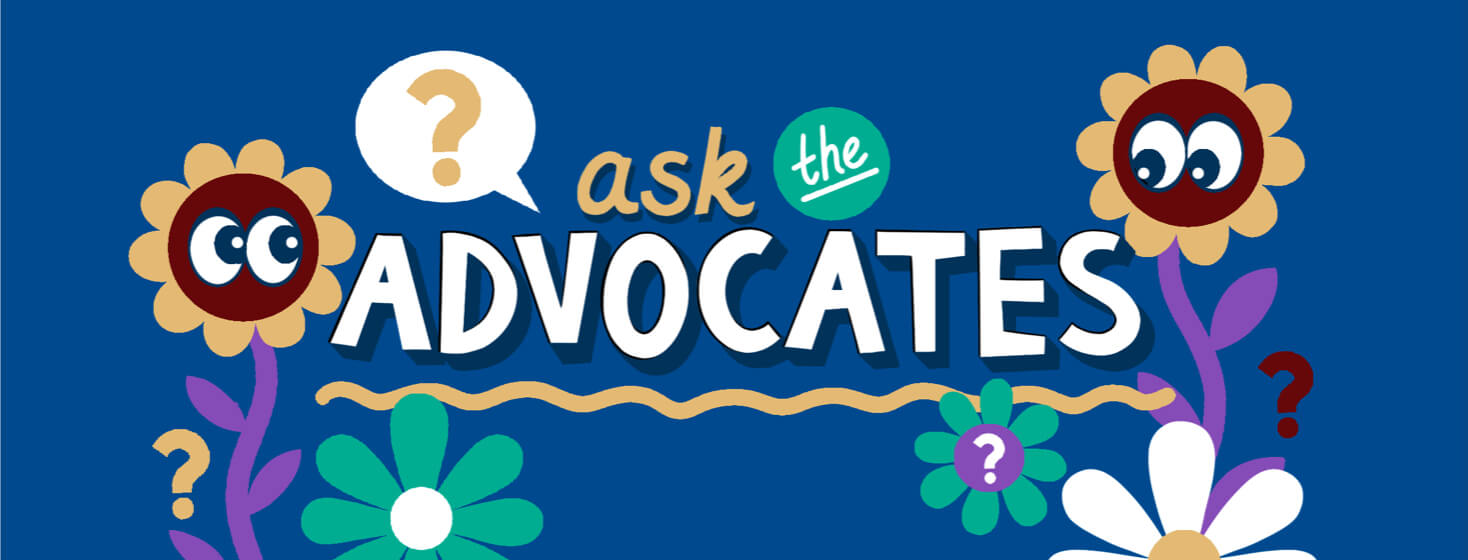Ask Real Patients: Is Epilepsy Misunderstood?
For those living with epilepsy, it can feel like others just don't get it. Seizures, medications, side effects, anxiety, stigma... Epilepsy can affect so many aspects of everyday life. Managing it can be challenging and complex. And the reality of what it's really like to live with this condition can feel deeply misunderstood.
So we asked our EpilepsyDisease.com advocates: "What's one thing you wish more people understood about epilepsy?"
Misunderstood aspects of epilepsy
 "I wish more people understood the importance of seizure safety. It is vital to know seizure safety anywhere you go. It can mean the difference in saving a person's life. It's so important for everyone to get certified in seizure first aid. By knowing what a seizure looks like, you can be prepared to react. It's vital and life-saving. Seizure safety is something that can be learned easily through the Epilepsy Foundation of America. So anyone can be prepared to help someone if there is an emergency." –Derra
"I wish more people understood the importance of seizure safety. It is vital to know seizure safety anywhere you go. It can mean the difference in saving a person's life. It's so important for everyone to get certified in seizure first aid. By knowing what a seizure looks like, you can be prepared to react. It's vital and life-saving. Seizure safety is something that can be learned easily through the Epilepsy Foundation of America. So anyone can be prepared to help someone if there is an emergency." –Derra
 "I wish people understood that seizures can come in many forms. From subtle lip-smacking to screaming and waving my arms, my brain has produced multiple types of seizures, big and small. My big seizures fired from my right frontal lobe, so in a few of them, I would yell, wave my arms, and stomp my feet. Other times, I would think lights were flickering. My seizures sometimes happened in public places, so I know a few people assumed I had a mental illness, not epilepsy. I wish people knew that compassion and a friendly face is what people who have seizures hope they encounter if they have a seizure in public." –Stacia
"I wish people understood that seizures can come in many forms. From subtle lip-smacking to screaming and waving my arms, my brain has produced multiple types of seizures, big and small. My big seizures fired from my right frontal lobe, so in a few of them, I would yell, wave my arms, and stomp my feet. Other times, I would think lights were flickering. My seizures sometimes happened in public places, so I know a few people assumed I had a mental illness, not epilepsy. I wish people knew that compassion and a friendly face is what people who have seizures hope they encounter if they have a seizure in public." –Stacia
 "One thing I wish people understood about epilepsy is that seizures are not the whole experience. Most of the suffering happens between seizures. Having to constantly come out and explain yourself so as not to be judged. Having to advocate for yourself so as not to be taken advantage of. Fearing that you will be left out or excommunicated socially for being too much of a burden. Having less independence. Not being able to drive or leave home whenever. The stress, physical pain, and fatigue between seizures are very real. All seizures are different and there is no one universal experience. Regardless, being a person who MIGHT have a seizure is a full-time job." –Miles
"One thing I wish people understood about epilepsy is that seizures are not the whole experience. Most of the suffering happens between seizures. Having to constantly come out and explain yourself so as not to be judged. Having to advocate for yourself so as not to be taken advantage of. Fearing that you will be left out or excommunicated socially for being too much of a burden. Having less independence. Not being able to drive or leave home whenever. The stress, physical pain, and fatigue between seizures are very real. All seizures are different and there is no one universal experience. Regardless, being a person who MIGHT have a seizure is a full-time job." –Miles
 "Epilepsy does not mean someone is scary, crazy, or dumb. It's also not a mental illness, it's an illness. Many of my friends in the past were scared to be my friends because they thought I was crazy for screaming or suddenly collapsing on the floor. They also didn't know how to care for an epileptic person. I wish people knew how scary epilepsy is and how anxious I get whenever I feel an aura. I constantly feel depressed and worried about epilepsy. I wish people would make me comfortable despite the fact I have epilepsy. I wish people would talk more calmly and be more kind towards others – because my epilepsy can be triggered whenever there's a stressful situation. I left my past relationship because that person was constantly shouting at me, which kept triggering my epilepsy. Being in an epileptic body is difficult, but it helps if we can manage to be calm and happy." –Nisshaa
"Epilepsy does not mean someone is scary, crazy, or dumb. It's also not a mental illness, it's an illness. Many of my friends in the past were scared to be my friends because they thought I was crazy for screaming or suddenly collapsing on the floor. They also didn't know how to care for an epileptic person. I wish people knew how scary epilepsy is and how anxious I get whenever I feel an aura. I constantly feel depressed and worried about epilepsy. I wish people would make me comfortable despite the fact I have epilepsy. I wish people would talk more calmly and be more kind towards others – because my epilepsy can be triggered whenever there's a stressful situation. I left my past relationship because that person was constantly shouting at me, which kept triggering my epilepsy. Being in an epileptic body is difficult, but it helps if we can manage to be calm and happy." –Nisshaa
Share your experiences
What do you wish more people understood about epilepsy? Have you felt like people in your life just don't get it? Share in the comments below or in our forums.

Join the conversation